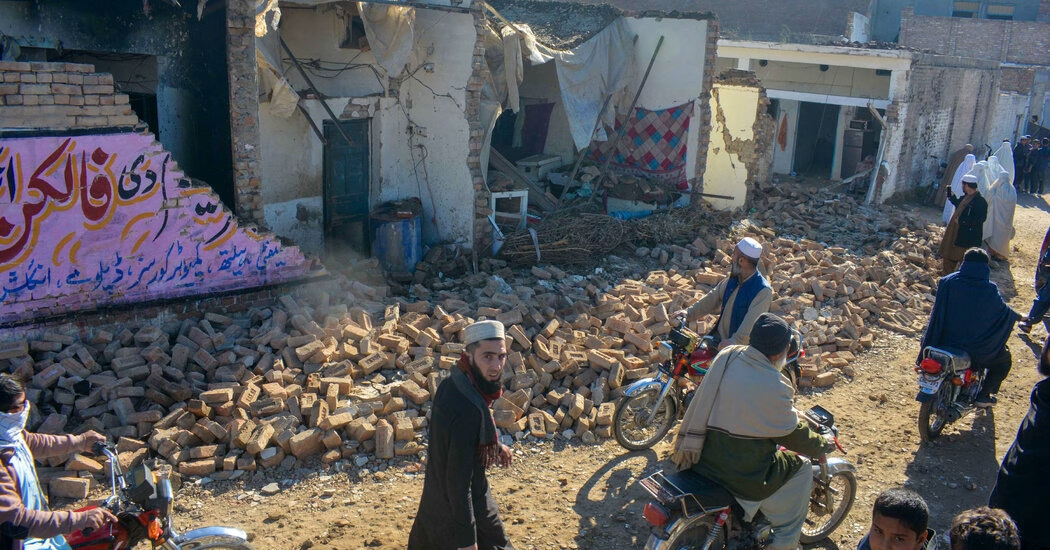In a refugee camp on the outskirts of Karachi, Pakistan, Afghan families gathered on Sunday to observe Eid al-Fitr, not in joy as usual, but in quiet worry. This is because on Monday, thousands of Afghans who have been living in Pakistan for generations will face a deadline for deportation, leaving their future uncertain and possibly in danger.
The Soviet invasion of Afghanistan in 1979 led to millions of Afghans seeking refuge in neighboring Pakistan, fleeing from ongoing conflicts and instabilities. While many have returned home over the years, conflicts and political unrest keep sending thousands back to Pakistan.
The latest influx of refugees followed the Taliban’s takeover of Afghanistan in August 2021. This included Afghans who were promised resettlement in the United States. Many of them now face mandatory repatriation, a decision announced just last month, sparking widespread fear.
Haji Abdullah Bukhari, a community leader in Karachi, urged Pakistan to show more compassion to the refugees, arguing that uprooting their lives in just a few days is impossible, especially for those who have spent decades in Pakistan and now face returning to a country they barely remember.
Pakistan’s decision to deport Afghan refugees stems from its growing frustration with the Taliban, which it accuses of harboring Pakistani militants, particularly Tehreek-e-Taliban Pakistan or T.T.P., responsible for deadly attacks inside Pakistan. The Taliban denies these allegations, but tensions continue to escalate.
In 2023, Pakistan expelled hundreds of thousands of Afghans, both documented and undocumented. However, most refugees awaiting resettlement in Western countries were spared, thanks to diplomatic interventions. Their fate, however, became uncertain in January when U.S. President Trump issued an executive order suspending all refugee admissions to the United States.
Many fear that returning to Afghanistan could mean imprisonment, torture, or even execution, particularly among those vulnerable to Taliban persecution, including former Afghan government and security officials, women’s rights activists, and journalists.
International organizations and the Taliban administration have appealed for a stop to the deportations, but Pakistan has ruled out extending the deadline. The Pakistani government justifies its stance by pointing to similar deportation efforts in the United States and Europe. Philippa Candler, the Pakistan representative for the U.N. refugee agency, urged Pakistan and Afghanistan to ensure that any returns are voluntary and safe, emphasizing that forced returns are unsustainable and not in anyone’s best interest.
Many Afghans dread the possibility of being deported, recalling the frightful scenes of the 2023 expulsions. They worry about the uncertain future they and their families, many of whom were born in Pakistan, will face in Afghanistan. With the deadline approaching, there is a shared hope for a miracle that could halt the deportations to a country unknown to their children.
Source: https://www.nytimes.com/2025/03/31/world/asia/afghanistan-refugees-pakistan-deportation.html





